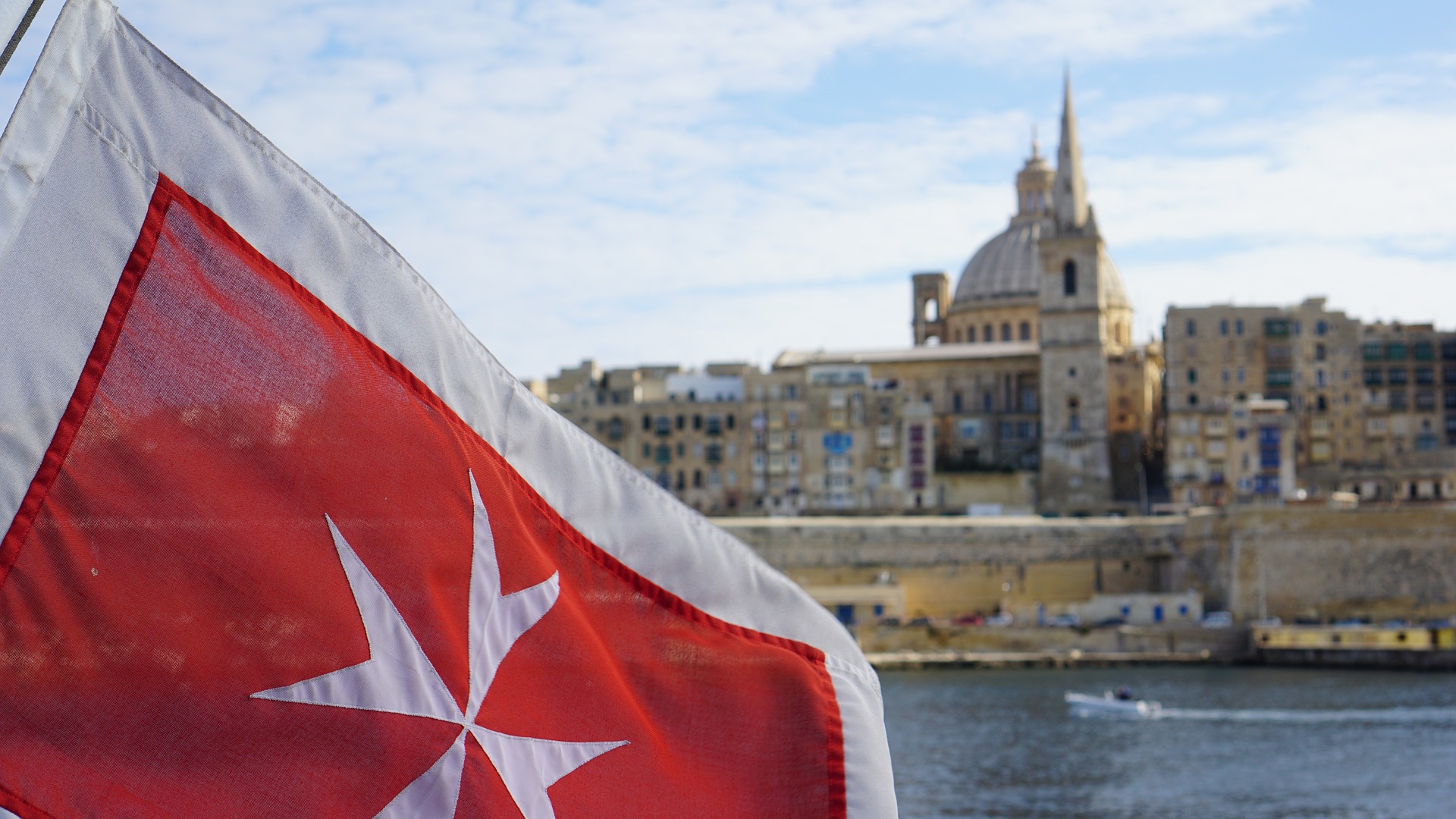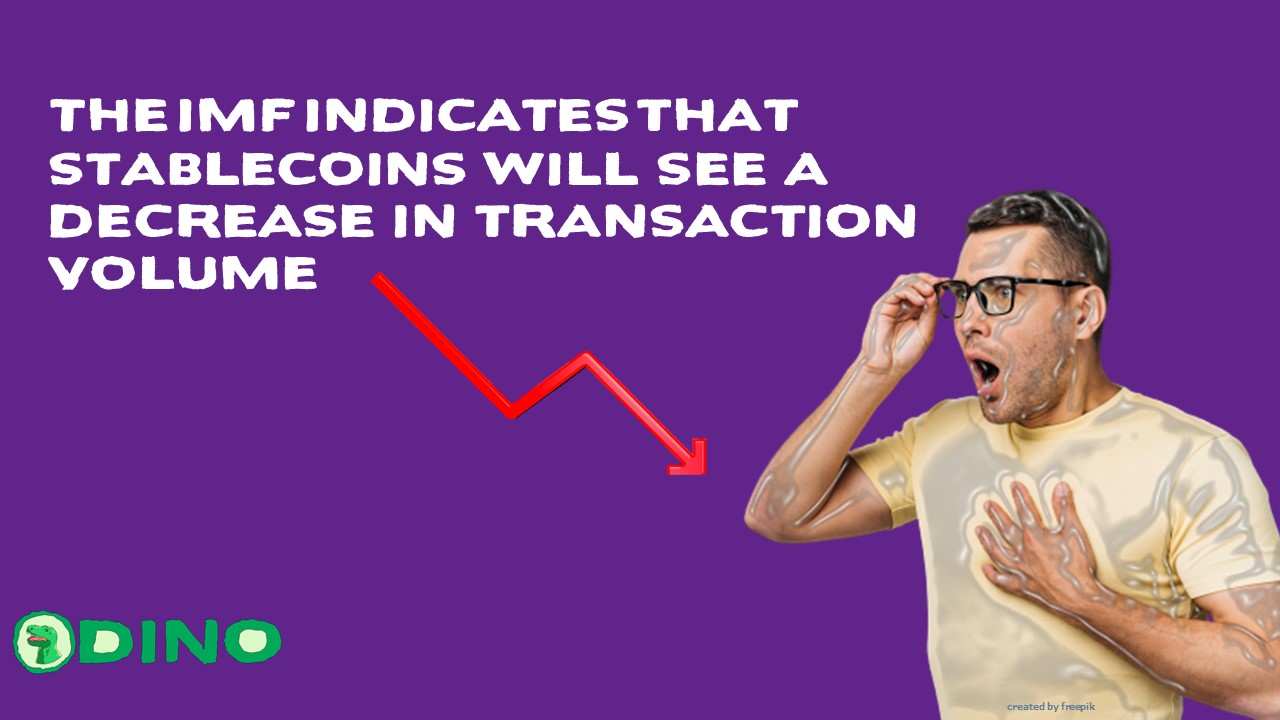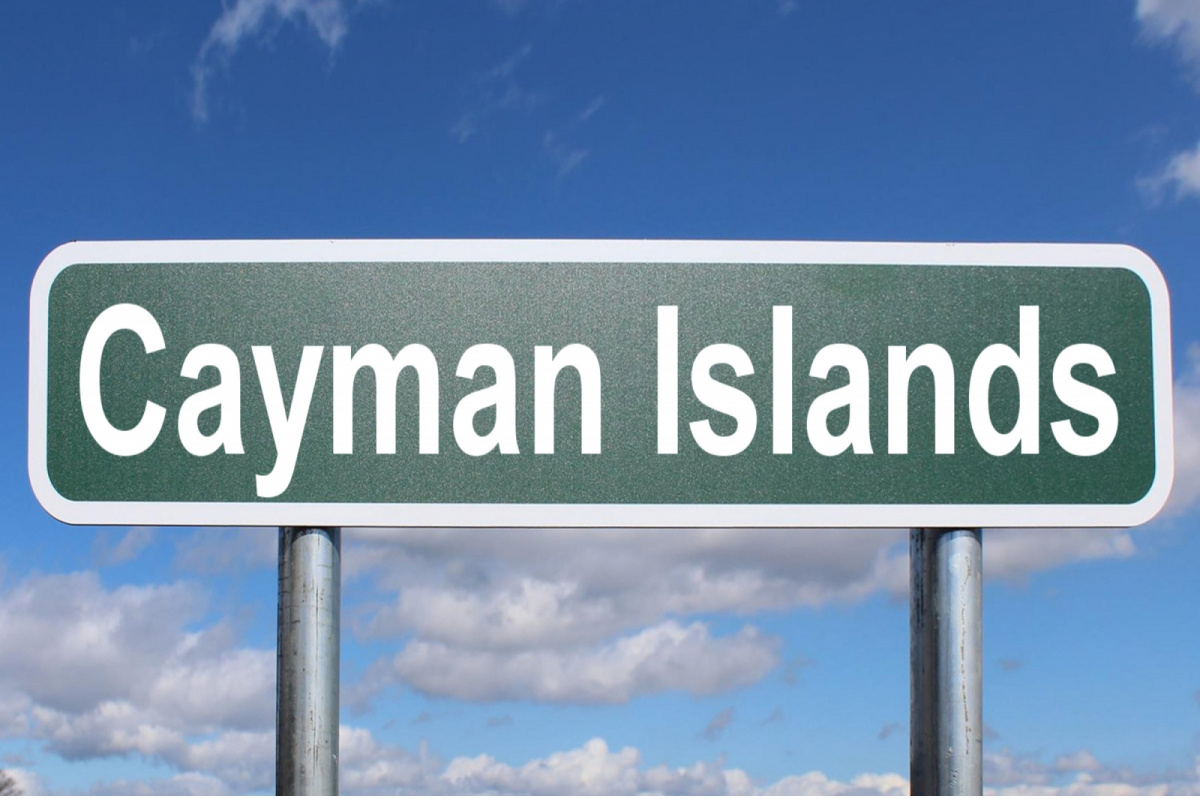Malta, a forerunner in the field of cryptocurrency regulation, is adopting an exceptionally forward-looking stance on digital currencies. While cryptocurrencies do not serve as legal tender in Malta, they are recognized as a ‘medium of exchange, a unit of account, or a store of value.’
Situated in Southern Europe, Malta is one of the most diminutive island nations, covering a mere 317 square kilometers and home to around 460,000 inhabitants. Despite its size, it is one of the wealthiest nations, hosting a plethora of globally recognized, advanced, industrialized, and service-oriented companies driven by innovation.
The Maltese government has pioneered the implementation of a trio of acts related to digital assets (the MDIA, ITAS, and VFA) in tandem with legislation concerning blockchain technology.
Malta Embraces Crypto:
A Global Hub in 2022
Malta, famously known as the ‘Blockchain Island’, is intensifying its focus on the crypto universe, hoping to replicate its past triumphs. The island is fostering an appealing environment for crypto businesses, thanks to favorable tax incentives, clear regulatory guidelines, and government-led initiatives. This positive approach has already lured major crypto exchanges like OKEx and Binance to set up their bases in Malta.
Malta’s Stance on Cryptocurrency
Cryptocurrency exchanges operate legally in Malta, prompting the government to develop a distinctive legislative framework, the landmark legislation, in 2018. This pioneering legislation addresses cryptocurrencies and mitigates Anti-Money Laundering and Counter-Terrorism Financing (AML/CFT) issues.
The Virtual Financial Assets Act (VFA) is a key component of Malta’s crypto regulatory bills. It governs the operation of crypto exchanges, Initial Coin Offerings (ICOs), brokers, wallet providers, advisors, and asset managers.
To supplement the VFA regulations, Malta implemented the Innovative Technology Arrangements and Services Act. This law sets up a system for the future registration and accountability of crypto service providers.
Moreover, the Maltese government founded the Malta Digital Innovation Authority (MDIA), a body entrusted with formulating crypto policies, liaising with international entities and nations, and upholding ethical standards in the application of crypto and blockchain technologies.”
More News About Crypto : NEWS
Follow our Twitter : https://twitter.com/DinoDapps




